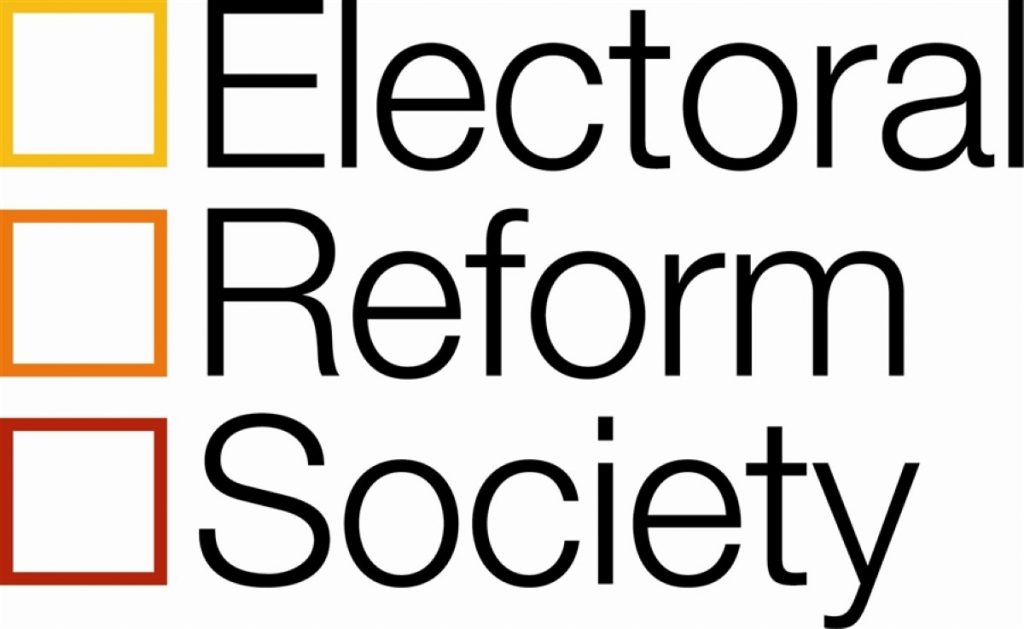Electoral Reform Society: Vote change will ‘damage democracy and devolution’
New figures released by the Electoral Reform Society Wales (ERS) show the extent to which Welsh Labour would disproportionately benefit if First Past The Post was exclusively adopted for future Assembly elections.
The figures are contained in a report² produced by the Society in conjunction with the Aberystwyth Institute of Welsh Politics and Prof. Roger Scully. The report details what the results in the 2011 Assembly election could have looked like under different voting systems.
The issue of electoral reform for the National Assembly is back on the agenda after the Secretary of State for Wales indicated she may change how AMs are elected.
The UK Government is likely to propose a reduction in the number of constituency AMs from 40 to 30, in line with the reduction in numbers of Welsh MPs³. To compensate, more AMs would be elected using the regional list system – 30, instead of the current 20.
Responding to this proposal, Welsh Labour has stated that it would prefer all AMs be elected by First Past The Post – two from each of the 30 constituencies with a system known as Two Member First Past The Post.
However, as ERS research reveals, Two Member First Past The Post would deny thousands of Welsh voters a voice in the National Assembly and disproportionately benefit Labour.
Steve Brooks, Wales Director of the Electoral Reform Society said:
“Our research shows that Labour would have won nearly 70% of the seats in the National Assembly, had the last election been fought using Two Member First Past the Post. This is despite the fact that Labour secured around 40% of the vote.
“While this may be good news for aspiring Labour candidates, its bad news for Welsh voters. Two Member First Past The Post would rob thousands of voters of a choice and voice.
Over half of Welsh voters chose the Tories, Plaid Cymru or the Liberal Democrats in May this year, yet under Two Member First Past The Post, those parties would be left with less than a third of the seats in the Assembly. That would be damaging for democracy and damaging for devolution.”
The research from the Electoral Reform Society Wales also reveals how the different parties would fare if Wales used the Single Transferable Vote, the system used to choose MPs in Ireland.
Professor Roger Scully, Director of the Institute of Welsh Politics, stated:
“The Assembly voting system has already been discussed in detail by the independent Richard Commission. The Commissioners, chosen on a cross-party basis and looking at the evidence, came to the decision that 80-member STV was the most suitable voting system for a Welsh Assembly with legislative powers”.
Steve Brooks added:
“Had the recommendations been implemented Labour would have secured 40 of the 80 seats. Voters would have had more of choice over who represents them locally, and who governs them nationally”.
Commenting on the row between the UK and Welsh governments on Assembly voting reform, Steve Brooks said:
“A proportional system is part of the devolution package and it’s been endorsed in two referendums. How we choose our politicians is fundamental to how our democracy works. Any change to the voting system should be carefully considered, above day-to-day party politics. There needs to be a genuine cross-party dialogue with the people of Wales”.
ENDS
Download the full report here: Welsh Election Report (English language version) or here: Welsh Election Report (Welsh language version) or see summary of findings in graphs.
For more information or for interview requests you can contact:
Stephen Brooks stephen.brooks@electoral-reform.org.uk, 07525619622
Owain ap Gareth owain.apgareth@electoral-reform.org.uk, 07771661802
ERS London Media Office 020 7202 8601
Notes to Editors
1. The Electoral Reform Society Wales aims to build a better democracy by ensuring that the electoral processes of Westminster & Wales are fair and accountable. Find out more at www.electoral-reform.org.uk/wales
2. The report, written by elections experts, academic Prof. Roger Scully and ERS Wales’ researcher Dr Owain ap Gareth, the report compares projections of what the results could have looked like under different voting systems and questions the impact of the proposed Boundary Changes. The report strongly recommends that any proposed change to the voting system would also need to take into account whether it is necessary or desirable to link the National Assembly for Wales constituencies to Westminster constituencies.
3. The boundary changes instigated by the UK Government propose to cut the number of Welsh MPs from 40 to 30.





-01.png)